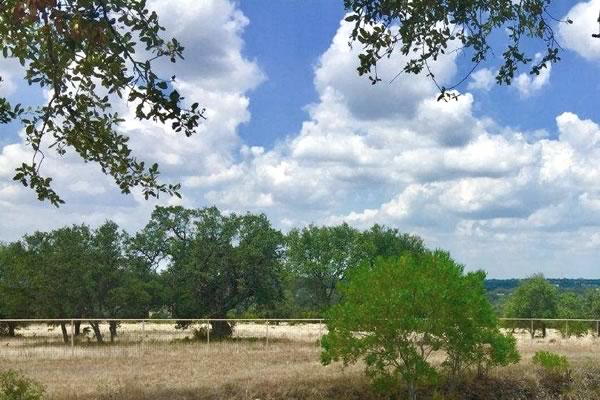Residents have until Sunday to submit public comments on Vulcan Construction Materials’ Water Pollution Abatement Plan (WPAP), the second and final permit the Alabama-based Construction Materials needs to begin mining operations on a 1,515-acre site in central Comal County.
Vulcan’s proposed open-pit limestone mining operation would sit entirely over the Edwards Aquifer Recharge Zone (EARZ), surrounded by heavily populated residential and ranching communities, Preserve Our Hill Country Environment Foundation (PHCE) said in an online plea for action.
Public comments on the Texas Commission on Environmental Quality (TCEQ) permit should reference Opposition to Vulcan Comal Quarry TCEQ Edwards Aquifer Permit #13001906 and must include concerns regarding the potential impact on surface and/or groundwater quantity and quality.
PHCE urges anyone who comments to include a request for a public meeting and a contested-case hearing.
“Unfortunately, it has not been common practice for TCEQ to have public meetings or contested case hearings for WPAPs, but PHCE strongly believes this application calls for both,” the community group said in a statement. “Local and state leaders have been asked to submit public meeting requests on their constituents’ behalf.”
To learn more and submit a comment click on this link to a POHCE page.
Comments also can be mailed to
Texas Commission on Environmental Quality
Edwards Aquifer Protection Program
MC R11
P.O. Box 13087
Austin, TX 78711-3087
or emailed to
EAPP@tceq.texas.gov





Request for Public Meeting and Contested Case Hearing (EA Permit#: 13001906)
I am writing to request that the Texas Commission on Environmental Quality (TCEQ) hold a public meeting and contested case hearing regarding the water pollution abatement plan (WPAP) that Vulcan Materials has filed for planned quarry in Comal County.
The entire site that will be mined by Vulcan sits above the Edwards Aquifer Recharge Zone, as does my home in Meyer’s Ranch. However, when building my residence, I was required to ensure that my water and sewage system met the requirements necessary to protect the aquifer(s). The WPAP filed by Vulcan, however, expressly states an intent to ignore TCEQ’s own Best Management Practice (a plan specifically designed to protect the aquifers – one presumably based upon science). Rather, they intend to rely upon their own monitoring system – one invariably designed to maximize their profits at the expense of protecting our groundwater.
Vulcan has indicated an intent to draw “a minimum” of water from the Trinity Aquifer alone. It is estimated that Vulcan’s annual water usage would be approximately 125,000,000 gallons of groundwater annually – and the mine is expected to be operational for 64-95 years. In an area that has been beset with severe drought(s) and has experienced explosive population growth, use of this valued resource in this manner is mind-boggling. In addition, the Trinity recharges very slowly – it is estimated that only 4-5% of fallen rainfall makes its way into this aquifer. Finally, it is incredibly simplistic too state that only the Trinity Aquifer would be impacted: our aquifers and rivers are extrinsically interlinked, so what affects one, affects the other.
Vulcan’s proposal indicates an intent to recycle 85% of the water used in the mining operations. Their process employs aggregate washing followed by time in settling ponds and then, storage in previously-mined areas where the water would available for re-use. In addition to the inevitable leaks and accidents that will occur over the lifespan of this mine, the water that is reused will be filled with dissolved pollutants and hazardous chemicals – time spent in a settling pond will do nothing to eliminate those toxins. In sum, the contaminants generated by this quarry will directly, and quickly, impact the aquifer and, by extension, all the human, animal and plant life that relies upon this precious resource.